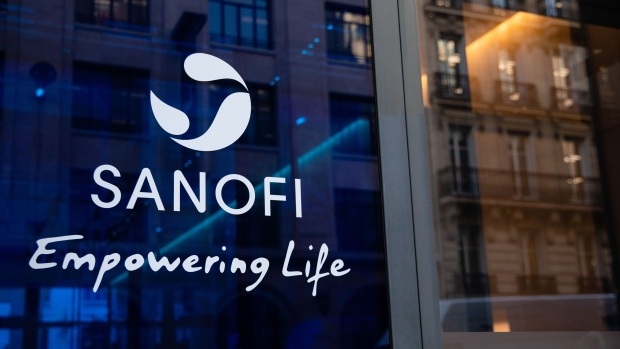Aug 17, 2020
Sanofi to buy biotech company Principia for US$3.4B
, Bloomberg News

Sanofi plans to acquire San Francisco, California-based Principia Biopharma Inc in a deal with an enterprise value of US$3.4 billion as the French drugmaker pivots toward innovative therapies to spur growth.The all-cash deal will see Sanofi taking full control of the American company which focuses on treatments for multiple sclerosis and a range of autoimmune disorders, the company said in a statement Monday. Bloomberg reported last month that Sanofi is studying potential acquisitions of U.S. biotechnology firms, including Principia.
Sanofi will pay US$100 per share, according to the statement, representing a 10 per cent premium over the Friday closing price of Principia’s shares, which have jumped nearly 66 per cent this year. The aggregate equity value of the deal is approximately US$3.68 billion, said the statement.
The deal is the second-largest pharmaceutical acquisition this year after Gilead Sciences Inc agreed to pay US$4.9 billion to buy cancer therapy maker Forty Seven Inc. in March, and will give Sanofi a pipeline of drugs known as BTK inhibitors that are being developed to treat autoimmune disorders. Sanofi’s Chief Executive Officer Paul Hudson is trying to rejuvenate the Paris-based company by focusing on fast-growing areas where new medicines command high prices.
Rare Diseases
With this deal, Sanofi will secure drugs such as the BTK inhibitor SAR442168 for multiple sclerosis and other central nervous system diseases. It was found to have benefited patients with multiple sclerosis in Phase 2 trials in February, prompting Hudson to say the treatment could grab half of the US$20 billion therapies market for the incurable disease.
Principia is developing a therapy called rilzabrutinib for the treatment of immune-system conditions, according to its website, and is evaluating the medicine’s use in patients with pemphigus, a group of rare diseases that cause blistering of the skin and mucous membranes.
Sanofi could spend as much as US$50 billion on acquisitions after announcing the disposal of its stake in Regeneron Pharmaceuticals Inc., Bloomberg Intelligence said in May. Besides cancer and gene therapy technologies, its targets may include immunology assets, analysts at Bank of America Corp. wrote at the time.





